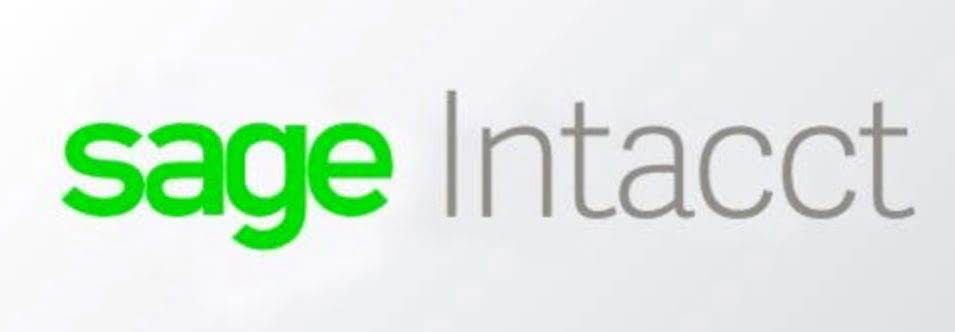

Whether it’s finding great products or discovering helpful advice, we’ll help you get it right (the first time). Because your accountant will be handling sensitive business data, it’s important to choose yours carefully and thoroughly vet them before hiring. Good accountants help companies grow, by managing complex financial work and offering advice on practical business issues. This will be guaranteed to save you money in the short and long term. The best ones will be your partner in all but name – and as long as you choose wisely, you can’t go wrong.

An accountant can help you dig into that company’s account in detail—finding any red flags before you buy. You’ll want to know the value and ownership of the company’s assets and whether or not the company has any outstanding debt on their books. So if you’re unfamiliar with accounting basics, a business accountant can help you start off on the right foot. An accountant can help you formulate your financial strategy when you’re drafting your business plan and teach you how to manage your business’s finances right off the bat. You don’t want to make any mistakes or miss any key information early on—those slip-ups can cost you down the road. Unfortunately, there’s no distinct point in time when every small business owner needs to hire an accountant… But there are a few warning signs that you need one.
In addition, many professionals who use the title bookkeeper go beyond traditional bookkeeping services to offer analysis and advisory services. Let’s take a look at how you can find the perfect small business accountant, how to match your needs to their skill set, and what questions to ask to make sure it’s a good fit. An accountant’s tax advice ensures you properly calculate which percentage to deduct depending on how frequently you use the item for work. If your business is in its hobby stages, you might not need to worry about hiring an accountant. It will benefit your business at no cost, help you form your business plan, and bring your attention to specific deductions for startups.
One factor that can really help you refine your search is communication and accessibility. Fruitful relationships are those that allow for open communication, and that means working with an accountant that can make themselves available to you or your employees, within reason, of course. If you’re comfortable primarily relying how to find a small business accountant on email, chat and/or the phone to conduct a significant amount of your business, then you may not care how close the candidate is to your office. However, if you prefer more frequent face-to-face visits or want the opportunity to make office calls, then you will need to limit your search to a comfortable radius.
If your company uses cloud-based software for much of its business, you’ll probably want someone who’s savvy with cloud computing. Of course, it is possible to use accountants who aren’t certified, chartered or registered, but it might be an unwise business move. Tasks such as bookkeeping, tax preparation and general financial management might not require a certified or chartered accountant. But you will almost certainly need one if your company grows to the point when you need a loan, or if you’re ever audited.
Listen for words like planned, restructured, educated and documented in the advisor’s answers — these are legitimate. We’ll start with a brief questionnaire to better understand the unique needs of your business. If you are ready to delegate important financial management, we’ve outlined how – and why – to make the right choice for your team. Right off the bat, do some research on their experience and ask for client references. You can also get referrals by attending small business events hosted by your local Chamber of Commerce or Small Business Development Center. Deciding your small business’s legal structure is an important decision—one that should be considered closely.
And once your business starts growing, you likely won’t have the time or knowledge to accurately keep track of all your books. However, while tax preparation is one of the first services that businesses tend to outsource, accounting firms offer much more to your small business. Accounting software like QuickBooks Online, which received the top spot in our list of best small business accounting software, is a user-friendly option that scales to your business. It also comes with the support of QuickBooks Live, which we selected as one of the best online bookkeeping services for companies that want assistance with QuickBooks Online.

Many accountants offer flexible arrangements where they work hourly, per project, on a quarterly basis or other options. If a more ad-hoc service is best for you, make that one of your checklist components so you can narrow down your candidates by their flexibility. https://www.bookstime.com/ Creating a post on LinkedIn detailing your need, for example, may elicit responses from people in your business periphery. Your connections may even directly tag their trusted small business accountants in the comments of your post—facilitating a quick introduction.